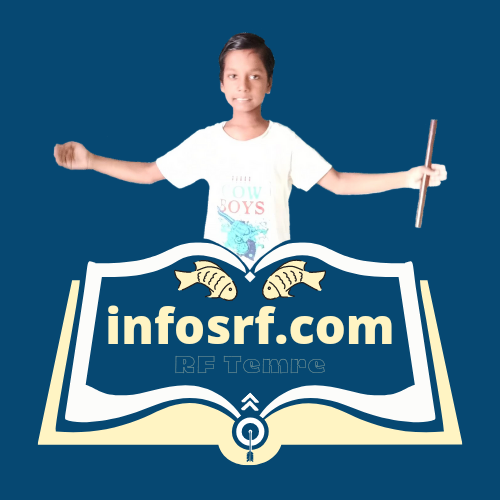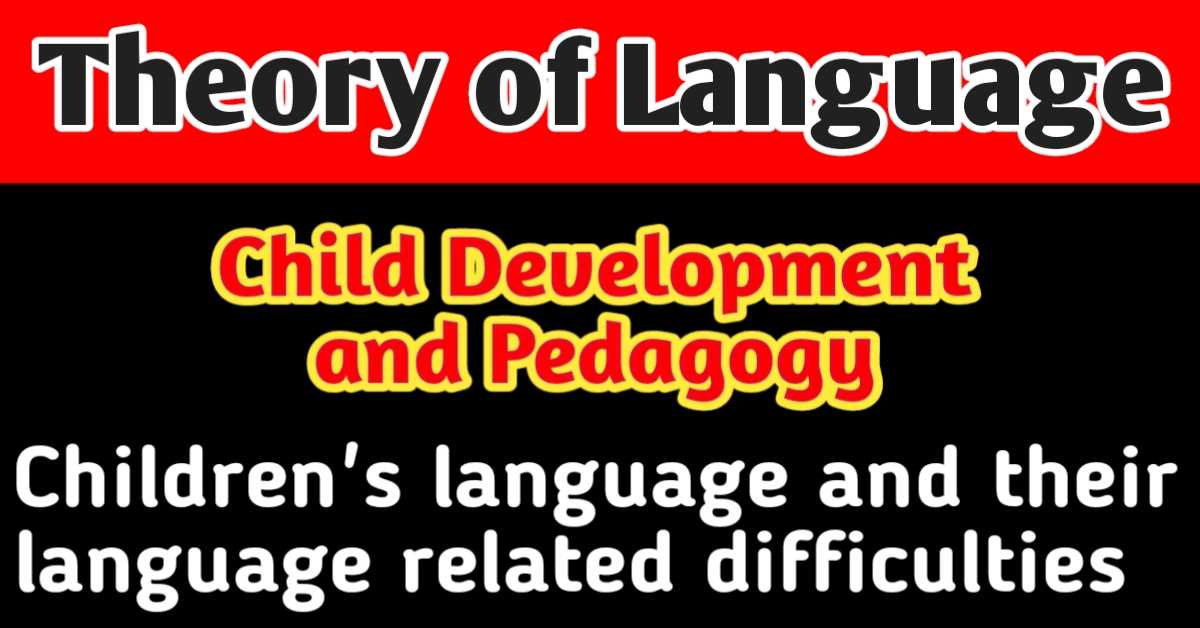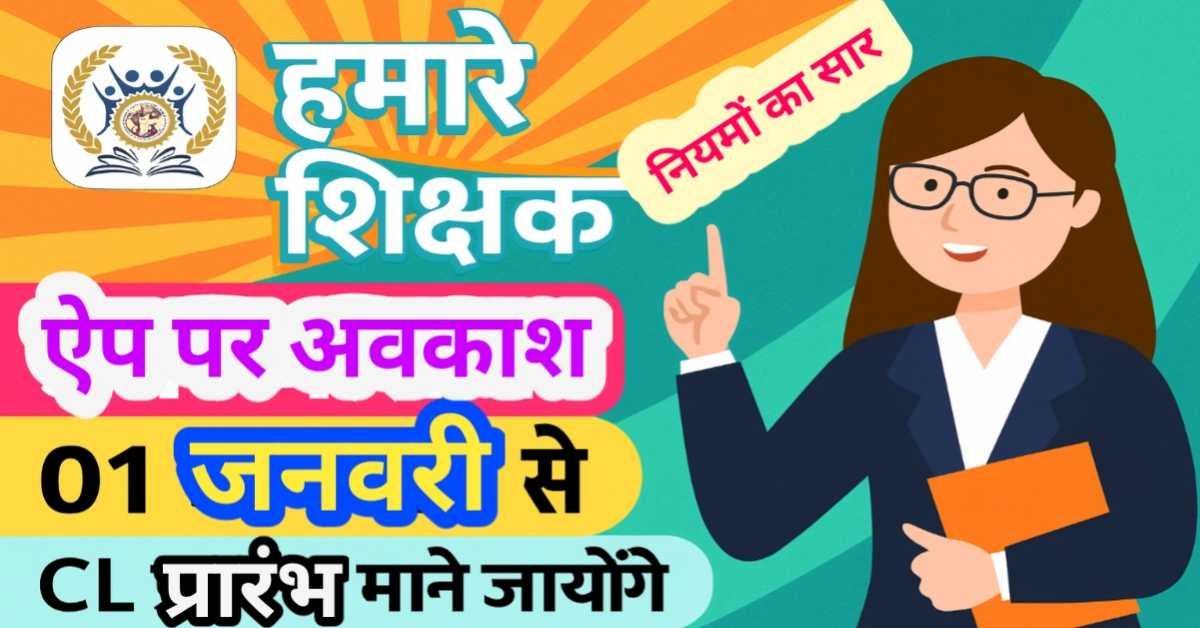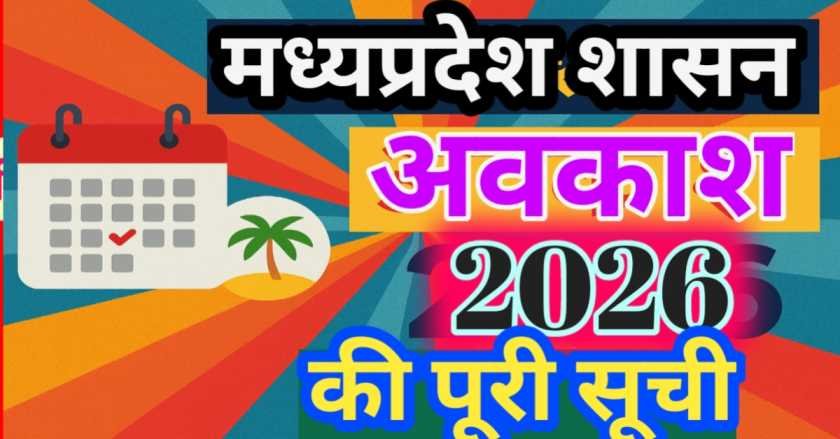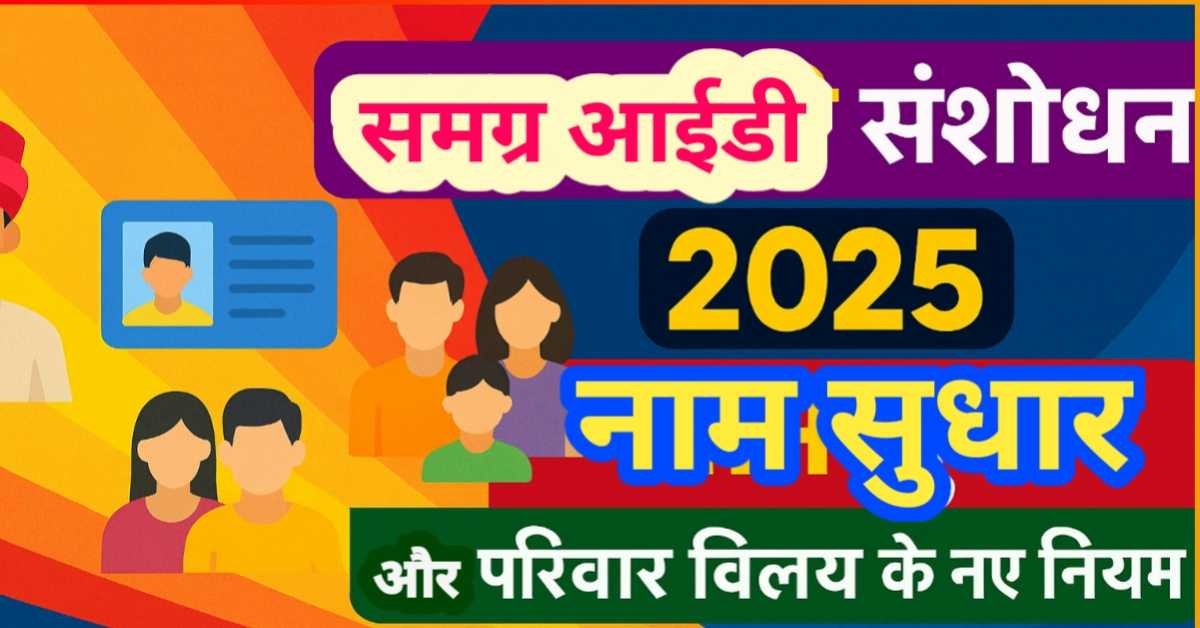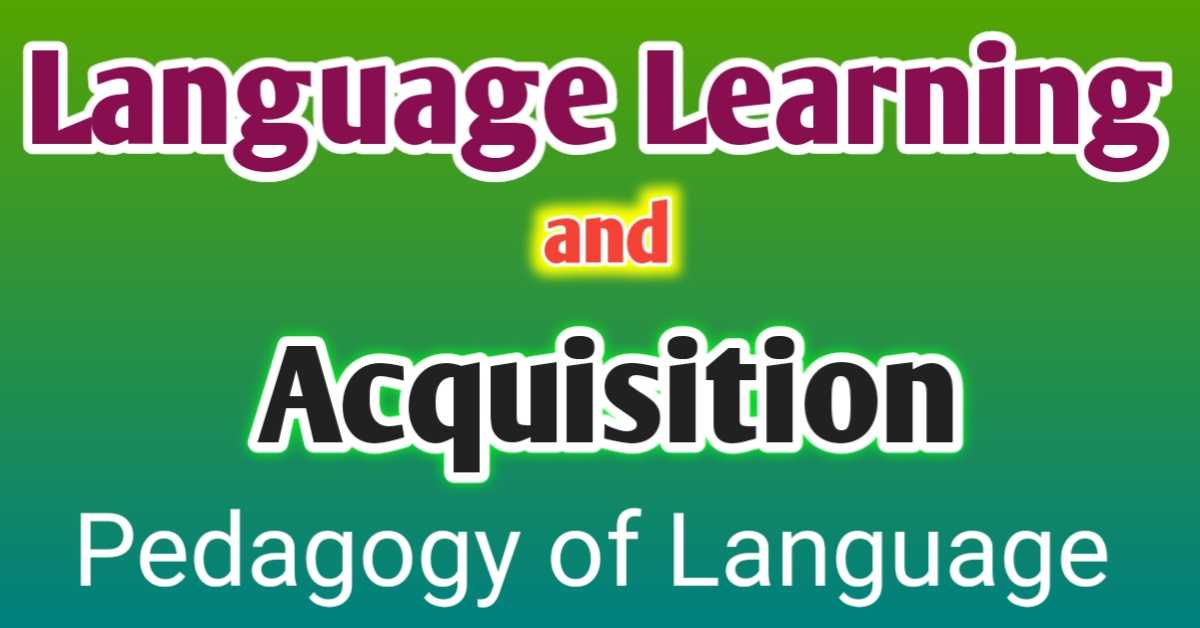
Language Learning and Acquisition || What are language and mother tongue? Definitions || Pedagogy of Language
What is language?
Generally speaking, 'language' is the set of words and sentences that come out of our mouth. 'Language' is a powerful medium of expression of human's own thoughts, which serves to make the human aware of all walks of life while accompanying him from the beginning to the end.
There is no moment in life when we are able to live without language. Whether we are alone or with someone. In addition to talking to others, we also talk to ourselves. In fact, language is a means of connecting human to human. In a way, it is the determinant of human relations. From here it becomes an 'object of social concern'. As a person's thinking, conduct and behavior change from birth to the present, the language is also changing in the same way. As in ancient times, humans used to express their thoughts through the exchange of gestures and signs, when viewed from a broader perspective, these mediums are also called language.
Definitions of languages
Definitions in the context of language have been given by scholars of Indian and western countries. which are as follows-
(1) According to Dr. Bholanath Tiwari- "Language is that meaningful sound-mass emanating from the mouth of man as a result of a certain effort, which can be analyzed and studied."
(2) 'According to Maharishi Patanjali - "The speech which is expressed by letters is called language."
(3) According to Dr. Shyamsundar Das- "The behavior of voice signals expressed between man and man to exchange his will and opinion about things is called language."
(4) According to Kamta Prasad Guru- "Language is the medium by which a man can express his thoughts well on others and you can understand the views of others clearly."
(5) According to Baburam Saxena - "The sound signs by which human beings communicate with each other are collectively called language."
according to western scholars
(6) According to 'Sweet' - "Language is the name of the expression of ideas by phonetic words."
(7) According to 'Plato' - "Thoughts are the silent or non-phonetic conversation of the soul, which becomes phonetic as soon as it appears on the lips is called language."
(8) According to the Encyclopdia Britonica Dixonary - "This system of expressed phonetic signs is called language, through which members of a particular society interact with each other."
(9) According to Bloch and Traeger- "Language is that system of individual's phonological signals through which individuals of society interact with each other."
What is Mother-tongue?
Each family has its own dialect. Some speak Malvi and some speak Bundeli, Bagheli, Panwari, Gondi and Nimadi. Spoken dialect in the family can also be dialect or sub-dialect. A child first comes in contact with them. As a result, he learns only the dialect spoken in the family. Which (that dialect) we call the child 'mother tongue'. In short, the language or dialect learned by a child from his mother after birth is called the child's 'mother tongue'.
language learning
After knowing what is the language and mother tongue, the basic thing comes that how to make the children aware of the language? What should a teacher do, so that the knowledge of language becomes in the children? When children come to school from their homes, only they have more knowledge or knowledge of their mother tongue. The question remains in front of us that how do we make those children know the 'standard language'. Because the standard language which is the official language of any state or region/country, in which all the information and activities are done, the knowledge of it is not of the children or they can keep very little information.
Language is a normal and continuous process of human life, which is said to be a priceless gift given by God to man. Language begins with the birth of a man. A person acquires proficiency in language by completing various skills such as speaking, listening, reading, writing, comprehension. Initially the child cries when he is hungry, then the mother understands that the child is hungry. Then gradually, staying in touch with the family, listening to mutual conversations, the child imitates them and thus he becomes proficient in the language field. From this point of view we can say. That language is an object of imitation and a continuous process.
हिन्दी में जानकारी पढ़ने के लिए नीचे की लिंक पर क्लिक करें।
भाषा सीखना और ग्रहणशीलता - भाषा और मातृभाषा क्या हैं? परिभाषाएँ
आशा है, उपरोक्त जानकारी उपयोगी एवं महत्वपूर्ण होगी।
(I hope the above information will be useful and important. )
Thank you.
लेखक
(Writer)
infosrf.com
